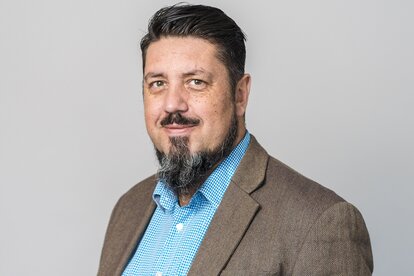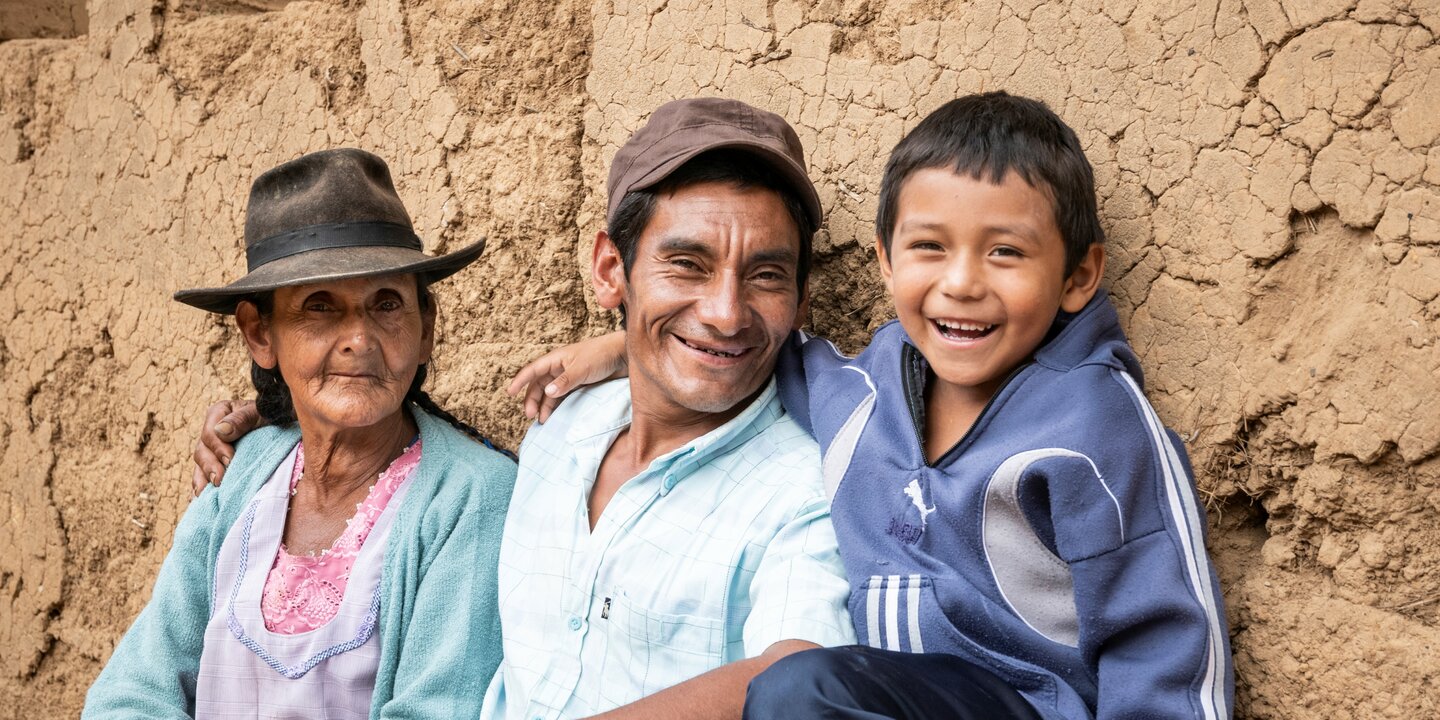Reaching the Sustainable Development Goal (SDG) of access to safely managed water and sanitation services by 2030 calls for countries to address root causes of inadequate or lacking water and sanitation services. For this, as stated in SDG 16, improvement in accountable and inclusive institutions/governance systems is essential. But what does water integrity mean in practice? It constitutes three core issues:
- Water integrity is about transparent water governance and improved access to information
- It also means increasing participation of citizens in social dialogue and policy improvement processes by public, private and civil society representatives
- And lastly, it requires having practical mechanisms for accountability of officials and institutions in the public and private sector for dialogue and monitoring
In this blog post, we share practical cases of a multi-country Water Integrity programme (MCWIP), specifically highlighting emerging knowledge and learning in Guatemala, Mozambique and Nepal. The three cases share the same objective – to fight corruption in the water sector and to improve water integrity in local water service provision.
Corruption weakens policy design, budget allocations, operations and billing systems…
The story of corruption in the water sector is a story of corruption in resources and services vital for life and development. Controlling of resources through unaccountable water allocations and of regulatory decisions is a key concern. In many instances, it serves for land/water grabbing, illegal use and pollution.
There are several reasons for increased corruption in the sector. Weak institutions which block accountability are one of the reasons. Complex processes become easy targets for political opportunists and create problems for transparency and accountability. So, manipulation is easier to hide and processes harder to understand. Water services are also a natural monopoly, denying users access to and use of basic services. Increased competition for land and water resources worsens this vulnerability.
The impacts are visible, for example in utility loss. Indeed, putting an exact financial cost of corruption is difficult. While a best-case scenario might suggest that 10% is being stolen from the sector annually in corrupt practices, other scenarios place the figure at 30%. Corruption can be found at every point along the water value chain: from policy design and budget allocations to operations and billing systems. In developing countries, corruption is estimated to raise the price for connecting a household to a water network by as much as 30%.
The root causes lie in the inadequacy or absence of management and governance processes and functions to address leadership as well as technical skills. MCWIP facilitates for influencing changes by making links between emerging good practices and advocacy capacities for improved international and national policy environments. Specifically, the programme supports the integration of human rights-based approach into policies as well as the day-to-day running of organisations.
…. hence improving public finance management creates spaces for state-citizen engagement
In Mozambique, the programme created strategic partnerships with the Budget Monitoring Forum and Mozambican Debt Group. It collaborated with national oversight institutions, such as the Parliamentary Budget and Audit Committee, to safeguard budget allocations to the WASH sector despite major national budget cuts caused by the ongoing debt crisis. The use of simple Citizens Report Cards and Social Audits to generate and present local evidence in Provincial and National Development Observatories (spaces for state-citizen engagement) was found to be highly useful.
The support of the programme has created opportunities for dialogue among civil society organisations, government agencies, development partners, specialised parliamentarian commissions and stakeholders about the challenges of public finance management. As a result, the government has decided to revise the state budget proposal and formally responded, through the parliamentarian commission, on the plans and budget concerns raised. More importantly, the Budget Monitoring Forum has been recognised as a public entity. Its relationship with the Parliamentarian Commission on Plans and Budgets has been institutionalised through the Parliament’s internal procedures.
…plus media engagement further sensitises and creates citizens’ awareness on Water Integrity
Most development projects buy media space to deliver predefined information and the resulting spots, programmes and publications cease once funding stops. The programme in Nepal aimed at supporting the media for promoting water integrity. The support given to the media was not to use media outlets as a short-term tool to disseminate information but aimed to change the way that media reported on WASH issues in a sustainable way.
As a result, media outlets have increased their coverage on WASH issues by producing reports and features in newspaper publications, and radio and television programmes. For example, Ujyaalo 90 Network (http://ujyaaloonline.com/), which has about 70 radio stations as partners across the country, has produced an exclusive programme on WASH issues. The media outputs at both the local and the national levels have been instrumental to draw the attention of the key actors in the sector on key issues. They triggered immediate actions from the concerned agencies to address the issues. The media engagement was also liked to public hearings through the involvement of media outlets to increase awareness of the public, claim their rights and make policymakers more accountable.
… however, more is needed to ensure sustainable changes through regulatory frameworks and better capacities
In Guatemala, managing water system often has poor governance and cost recovery. It operates in isolation from the regulatory system, leading to poor infrastructure and service delivery. Arbitration is insecure during conflicts on access and use of water resources, and rights are not clear in water matters. State agents tend not to impose on private properties regarding the installation of infrastructure designed to channel the water towards public use. In addition, municipalities lack the capacity to better prioritise investments in water and sanitation. There are challenges in coverage, proper use of budget and municipal revenues to sustainably manage water systems at municipal and rural levels.
Based on the results of the baseline and map of actors, an advocacy plan was developed by the municipalities to link the political and technical parts for better coordination and solving of conflicts around the Water and sanitation. The Municipal Water and Sanitation Offices are now in the process of modernisation in order to make the services provide more effective and accessible. For example, an electronic data collection system (database) was developed in 5 municipalities in order to know needs and see the progress in access, quality and water management.
So, what have we learnt?
Identifying incentives and capacities
Understanding relationships, power distributions, and incentives for change are very important. For example, working with media outlets required identifying incentives and capacities of existing journalist networks, stimulating incentives for journalists to increasingly work on the topic of water integrity and corruption in the water sector. A good context analyses/assessment from the start, therefore, is highly helpful. It serves as a filter, starting with understanding the wider socio-political context and then narrowing down the focus of analysis to identify specific constraints.
Generating evidence
A functional and right-sized monitoring system is highly critical for generating evidence on what works and what does not work. The use of a range of methodologies, tools and approaches, knowledge products as well as a clear audience for scaling up play vital roles as priority areas for mainstreaming integrity in future water projects. Evidence is also important for learning. The programmes in the different countries seek to enhance cumulative learning horizontally across programme countries and vertically between programme countries, actors in Switzerland and the global audience. Moreover, it tends to instil innovation and to trigger transformational change, which in the countries context implies improved management, access, and quality of water and sanitation services.
Ensuring inclusion
Ensuring the rights of citizens sustainably requires the participation of those who have the credibility and leverage to work with vulnerable and disadvantaged groups. This can include the public and private sector as well as civil society and community leaders. Partners have to share the vision of empowering vulnerable and disadvantaged women and men; this has important implications for their selection at the outset, and subsequent interactions regarding capacity building and incentives.



